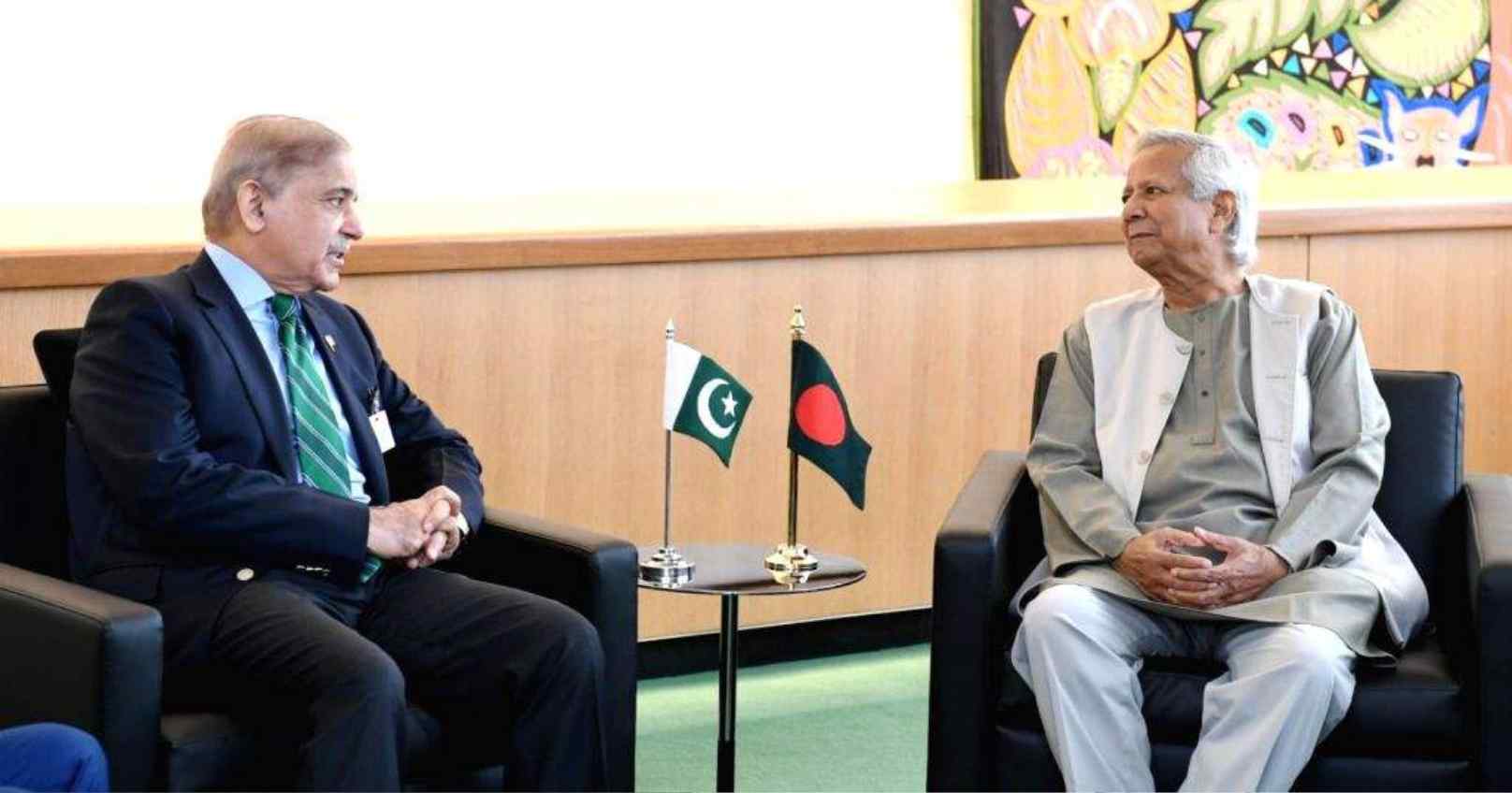Muhammad Yunus, the head of Bangladesh's caretaker government, met with Pakistani Prime Minister Shehbaz Sharif and sought Pakistan's help in reviving the South Asian Association for Regional Cooperation (SAARC). Pakistan has also been advocating for the revival of SAARC, but India has resisted the idea due to concerns over Pakistan's support for terrorism. India had sidelined the regional grouping following the 2016 Uri attack, and despite efforts to revive SAARC, India’s anti-terrorism stance remains a significant barrier.
SAARC, established in 1985, consists of eight South Asian countries including India, Pakistan, and Bangladesh. While Bangladesh's previous government under Sheikh Hasina did not push for SAARC's revival, the new caretaker government under Yunus is now taking a different approach. Yunus met with Sharif during the UN General Assembly and discussed bilateral relations, including the revival of SAARC, a move that could potentially complicate India’s position.
India's reluctance to engage in SAARC stems from its firm stance against cross-border terrorism from Pakistan. Indian External Affairs Minister S. Jaishankar previously remarked that India would not engage in a situation where "terrorism happens by night and trade by day." India's withdrawal from SAARC was prompted by the 2016 Uri attack, where 19 Indian soldiers were killed, and has since refused to participate in SAARC summits.
Despite India's strong stance, both Bangladesh and Pakistan have reasons to push for SAARC’s revival. Pakistan’s economy is struggling, while Bangladesh's growth has faltered in recent years. Both countries are seeking economic recovery and view SAARC as a potential vehicle to boost trade in the region. Pakistan’s interest in investing in Bangladesh’s textile and leather sectors was discussed during the meeting between Yunus and Sharif.
However, India’s economic power and its involvement in global groupings like the G20 and BRICS make SAARC less essential for New Delhi. As Bangladesh and Pakistan push for regional cooperation, India remains focused on its anti-terrorism stance and its bilateral relations with neighboring countries.







